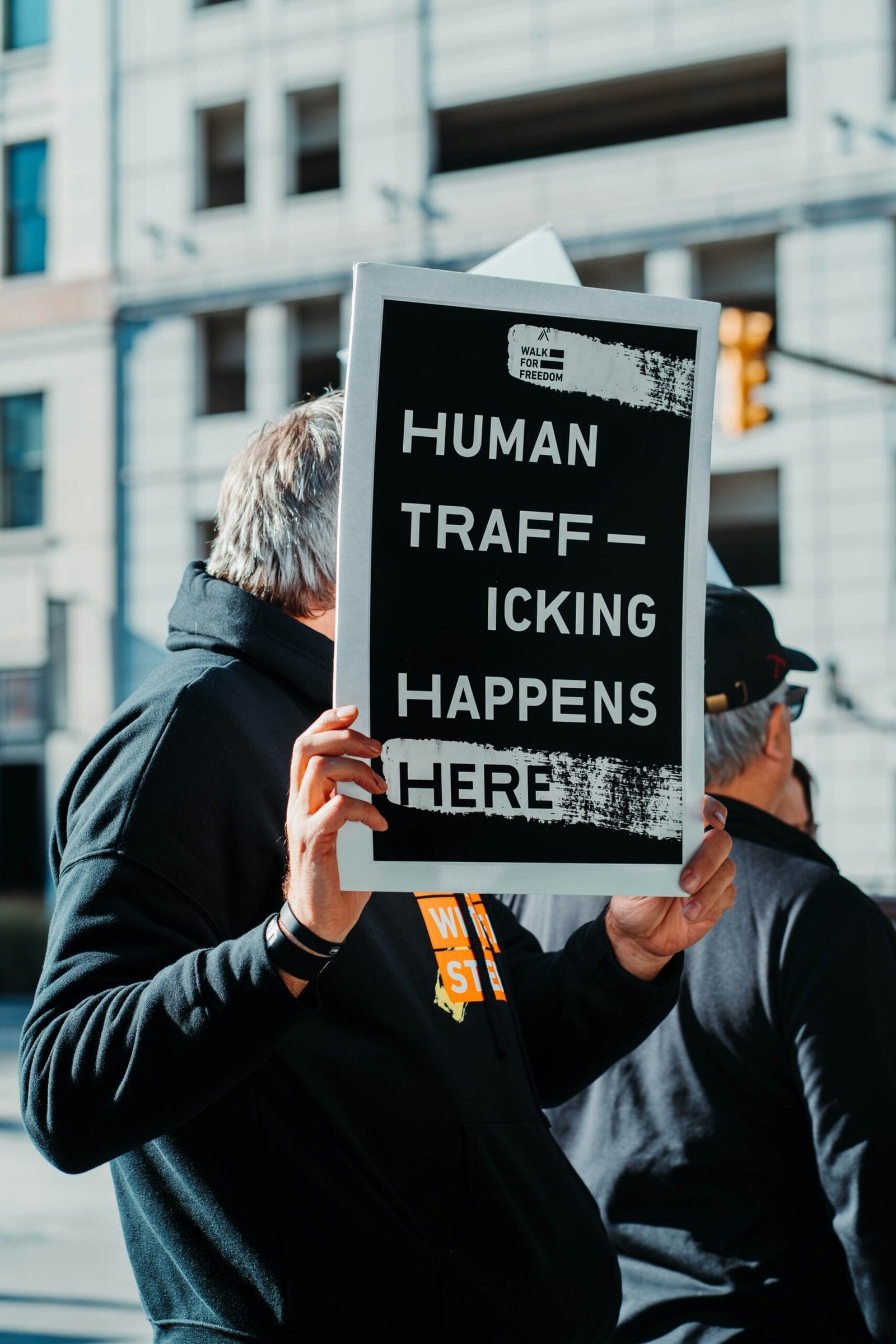Republican’s Congressional Inaction: America’s Discontent

The First 100 Days: A Call to Action
The first 100 days of congressional inaction serves as a critical benchmark, reflecting the priorities and effectiveness of a newly elected Congress. This period is not merely symbolic; it sets the tone for legislative agendas, highlighting the importance of proactive governance. When Congress fails to take decisive action in this timeframe, the implications can reverberate through the fabric of American society. With significant responsibilities, Congress has the power to oversee the executive branch, ensuring that policies align with the expectations of the electorate and the rule of law. It has been 100 days Republicans. America will not survive four years. Republicans in Congress need to standup yo Trump and do something, or say goodbye to the country you serve.
Inaction during this initial period can contribute to a climate of uncertainty, breeding disenchantment among citizens. As representatives of the people, members of Congress must prioritize urgent issues such as healthcare, infrastructure, and economic stability. The repercussions of neglecting these issues are substantial; complacency can lead to deteriorating conditions that affect daily life for millions. Furthermore, an inactive Congress invites questions regarding accountability and transparency, prompting the public to wonder whether their elected officials are genuinely committed to addressing the nation’s challenges.
Moreover, a lack of legislative movement can embolden discontent among the electorate, creating an environment ripe for division and disillusionment. As the nation faces myriad socio-economic challenges, the constitutional responsibility of Congress to act becomes even more paramount. Recent history has shown that decisive and meaningful engagement can lead to positive outcomes, while hesitation or failure to act can exacerbate problems that require urgent attention.
It is essential for Congress to move beyond mere rhetoric and demonstrate tangible outcomes that reflect the needs and aspirations of their constituents. The first 100 days must thus be approached with a sense of urgency and purpose, ensuring that American democracy remains responsive and resilient in the face of mounting challenges.
The Dangers of Trump’s Grifting and Destruction
President Donald Trump has been at the center of numerous controversies that raise ethical questions regarding his conduct during his presidency. One of the primary concerns revolves around allegations of grifting, where individuals engage in exploitative practices for financial gain while in public office. For instance, Trump has faced scrutiny for allegedly monetizing his time in the White House by selling sponsorships for official events. This practice not only raises eyebrows about the commodification of presidential duties but also fosters an environment rife with conflicts of interest.
Moreover, it has been reported that Trump may have utilized federal properties for personal endeavors. The potential misuse of government assets and locations designed for public service highlights a troubling trend of personal enrichment at the expense of institutional integrity. Instances of this nature raise significant concerns about loyalty to public service over private profit and provoke fears that governmental operations may be influenced by personal interests rather than the needs of the citizenry.
The degradation of American institutions under Trump’s influence has widespread implications. His alleged actions indicate a shift in the ethical landscape, where the lines between public duty and private profit become increasingly blurred. This environment threatens the core principles of democracy, especially the expectation that public servants prioritize the welfare of their constituents over personal gain.
Furthermore, the erosion of public trust in government institutions is another critical issue stemming from these alleged unethical practices. As individuals become more aware of potential corruption, their faith in governance diminishes, posing challenges to civic engagement and undermining the foundational values of accountability and transparency. Such consequences threaten not only the efficacy of governance but also diminish the essential trust required for a functioning democracy.
Consequences on National Security and Global Standing
The actions and policies implemented during Donald Trump’s administration have had significant ramifications for both national security and the global standing of the United States. The defiance of judicial mandates, alongside the manipulation of markets, has raised concerns about the integrity of American leadership on the world stage. By prioritizing domestic interests and engaging in unilateral actions, the administration has often sidelined established alliances which serve as crucial pillars of global stability.
One of the most profound impacts has been the erosion of trust among allied nations. Initiatives such as imposing tariffs or withdrawing from international agreements have sent ripples through global markets, prompting fears of economic instability. Allies have expressed concerns over the unpredictability of U.S. foreign policy, effectively jeopardizing relationships that have historically been based on mutual respect and collaboration. This atmosphere of uncertainty has diminished American influence, making it more difficult to rally allies around shared security challenges, including terrorism and geopolitical conflicts.
Moreover, the neglect of environmental policies during Trump’s presidency has not only raised significant public health and safety questions but also undercut the U.S.’s stance as a leader in sustainable development. The withdrawal from agreements like the Paris Accord demonstrated a rejection of collective responsibility toward combating climate change, which carries dire implications for national security and humanitarian efforts worldwide. As environmental degradation accelerates, it could lead to increased resource scarcity, a rise in climate refugees, and growing tensions among nations, further complicating America’s ability to maintain security and foster global stability.
The combined effects of these actions have led to a landscape of diminishing confidence in the U.S. as a global leader, adversely affecting both national security and international partnerships. As the world moves forward, addressing these challenges will be crucial for restoring America’s standing on the global stage.
A Shared Responsibility: Citizens’ Role in Democracy
In a democratic society, the function and efficacy of government are deeply intertwined with the participation of its citizens. To ensure that representatives remain accountable and uphold the values of democracy, it is essential for individuals to actively engage in political processes at both local and national levels. Citizens possess the power to influence decisions and policies through various means, starting with the fundamental act of voting. Every election presents an opportunity for the populace to express their opinions and preferences, thereby shaping the future of governance.
Beyond the ballot box, grassroots activism serves as a vital mechanism for fostering accountability amongst elected officials. Citizens can organize or participate in campaigns that raise awareness about pressing issues, leveraging social media and local events to amplify their messages. By engaging in community organizing, individuals can unite their voices to confront challenges and demand better representation, thereby reinforcing the principles of democracy. Additionally, it creates avenues for dialogue that can bridge differences and cultivate mutual understanding.
Equally important is the role of public discourse in a functioning democracy. Citizens must remain informed about current events, engage in discussions about policies, and critically evaluate the information they consume. By fostering an environment where diverse perspectives can be shared and debated respectfully, the electorate can hold leaders accountable and demand alignment with democratic values. This collective engagement is a cornerstone of a vibrant democracy, as it empowers individuals to voice their concerns and advocate for policies that reflect the collective will.
Ultimately, the onus of maintaining a robust democratic society lies with its citizens. By voting, participating in grassroots movements, and engaging in civil discourse, individuals can play an instrumental role in clinging to the very ideals upon which American democracy was built. A committed and active citizenry is paramount to ensure that the concerns of the public are addressed, fostering a government that is truly representative of its people.




